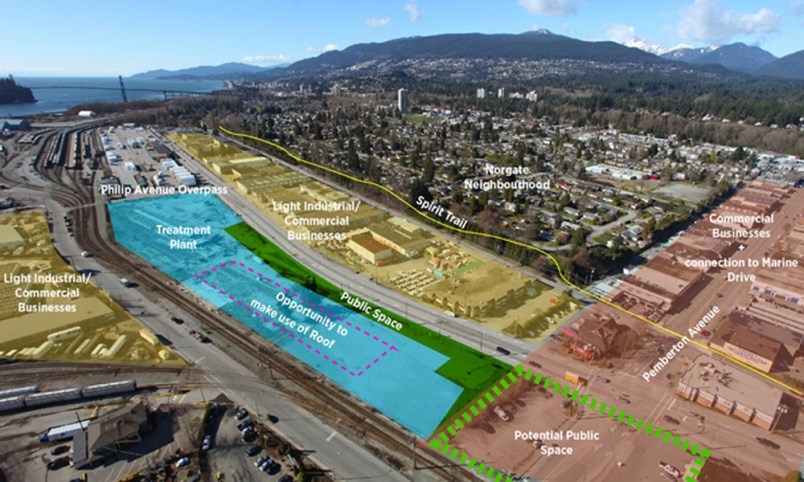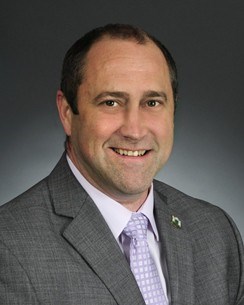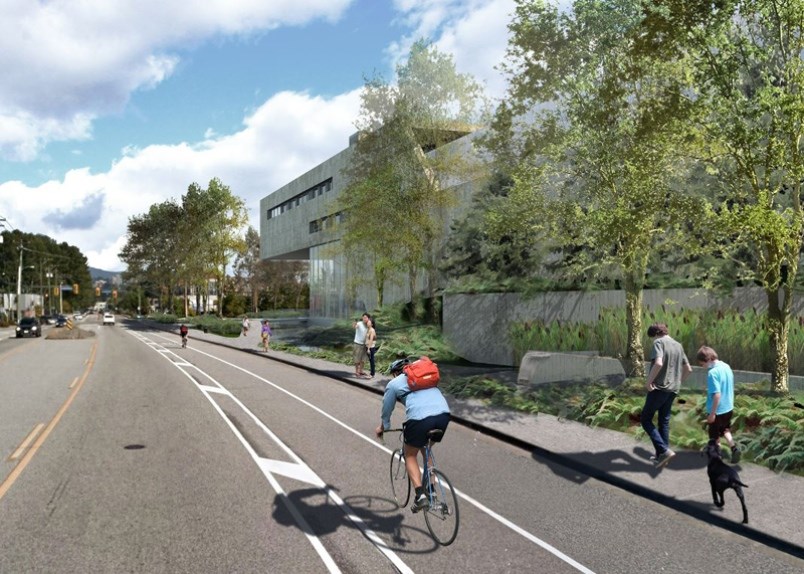Residents of the North Shore will be giving the steam off their, ahem, wastewater in a very literal way in the future.
Metro Vancouver has announced it has inked a deal to sell heat generated by sewage coming into the new Lions Gate treatment plant to the Lonsdale Energy Corp.
A new $17.9-million heat recovery facility being built into the $700-million plant will capture thermal energy from the sewage for Lonsdale Energy Corp. to use for heating and hot water for about 3,700 customers in Lower and Central Lonsdale.
“When all this wastewater goes to the treatment plant, a lot of it is warm water,” said City of North Vancouver Mayor Darrell Mussatto, who is also chair of Metro Vancouver’s utilities committee. “It has a lot of heat. There’s quite a bit of energy in that heat. We can use that.”
The heat recovery facility is expected to reduce greenhouse gas emissions by 7,200 tonnes per year by reducing the energy corporation’s reliance on natural gas to generate heat.
Of the $17.9-million cost to put in the heat recovery unit, $11.9 million will be paid for by federal and provincial grants, according to Metro. The remaining costs will be paid by Metro Vancouver municipalities, under a formula that sees 70 per cent of costs spread throughout the region while 30 per cent are borne by North Shore taxpayers.

The Lonsdale Energy Corp. will pay $3.5 million for installation of distribution pipes to transfer heat from the new sewage plant near the foot of Pemberton to a Lonsdale Energy plant at Fell Avenue and First Street.
Mussatto said the technology is not new. Large parts of Europe are heated with alternative energy sources, he said, adding it is much more efficient to build the heat recovery system now than to retrofit it later.
When the system is up and running, energy from the sewage plant will cover the entire usual heat-generating requirements of Lonsdale Energy Corp., said Mussatto.
Metro decisions are based on an assumption of the actual value to the environment of using fossil fuels being about $150 per tonne, said Conor Reynolds, who works on climate change policy for the regional government.
So in making use of the heat recovery facility, “We’re avoiding costs in the future,” said Mussatto.
But not everyone is a fan of the project.
District of North Vancouver Coun. Roger Bassam said he hasn’t seen a business case for the project that makes sense. Bassam said he’s been told district taxpayers will be footing a $900,000 bill for their share of the capital costs. Compared to that, the 300 tonnes of carbon credit the district will receive in exchange is negligible, he said.
“Normally when you make an investment, there’s a way to recover it,” he said.
“We’ve got none of that information provided to us.”

Bassam said as far as he can see, only the Lonsdale Energy Corp. benefits significantly from the deal in the immediate term, while everyone else pays for it through their taxes.
Bassam called the heat recovery plan a “really expensive source of energy” and suggested $18 million could be better spent on different environmental initiatives.
Bassam said when he questions the value of the project, “The answer we get back is it’s the right thing to do. … For me, it’s a real problem that we’re going to pay $18 million for a project of dubious value.”
Mussatto said part of the debate involves a difference in philosophy about the need to reduce the region’s carbon footprint.



